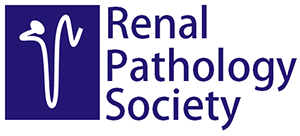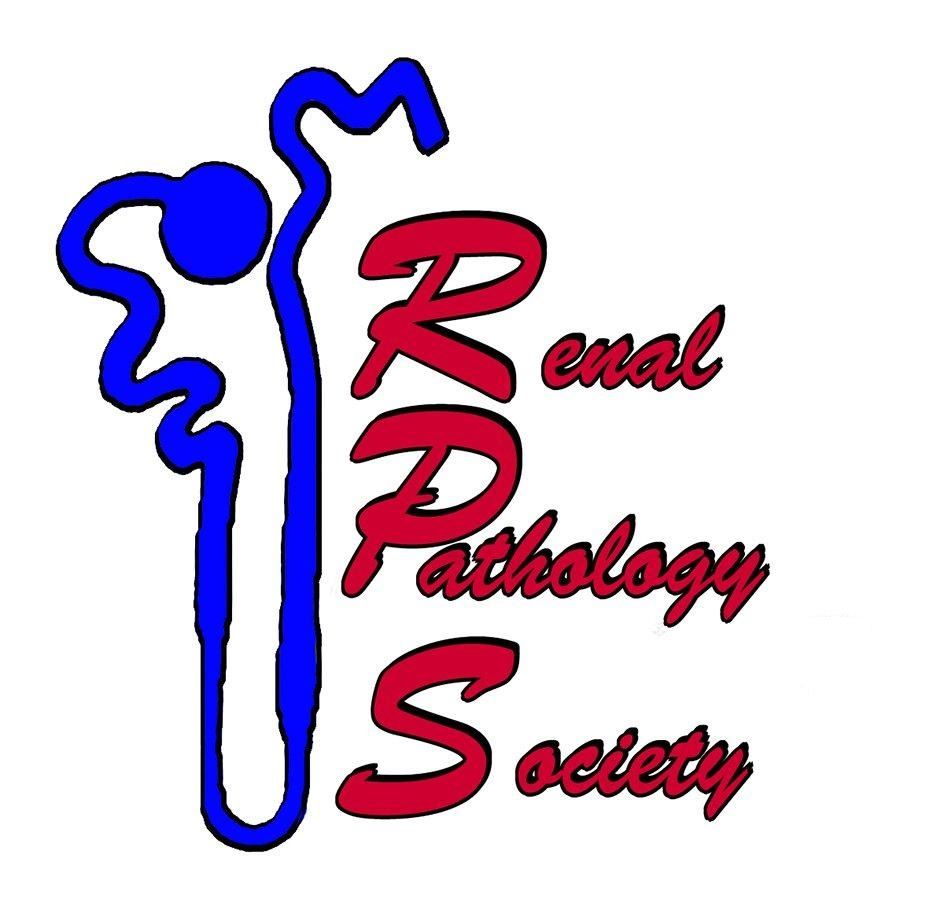Dear RPS members,
.jpg)
In 2024, the RPS will continue to focus on embracing diversity, equity and inclusion; and on broadening our international network. One way to achieve this goal is to celebrate a semi-monthly calendar of observances and appreciations with 10-question interviews highlighting our diverse pool of members. As February is Black History Month, our February 2024 interview is with Dr. Vivian W. Pinn. Dr. Pinn was the only Black woman in her graduating class from the University of Virginia School of Medicine and was the first Black woman to chair an academic pathology department in the United States. She was the first full-time director of the Office of Research on Women’s Health at the National Institutes of Health (NIH).
Dr. Pinn completed her pathology residency in the Harvard Medical School system at Massachusetts General Hospital before joining the faculty of Tufts University School of Medicine. She went on to become Professor and Chair of Pathology at Howard University School of Medicine. Despite being retired, she continues mentoring new Chairs through the Senior Fellows Division of the Association of Pathology Chairs. Dr. Pinn practiced renal pathology over 30 years ago and is a former member of the Renal Pathology Society who encouraged many others to become members.
Please find her interview below and see the link about Black History Month, Dr. Pinn’s Wikipedia page and the nomination page for the Vivian W. Pinn award sponsored by the Society of Black Pathologists.
Black History Month
Vivian Pinn - Wikipedia
Award – Society of Black Pathologists
1. Where were you born?
I was born in Halifax, Virginia – a rural area with no running water or electricity on my grandparent’s farm, but I never felt deprived when I was growing up!
2. What is your number one topic of interest in nephropathology?
When I was finishing college, I was making up a semester that I had to take off to care for my mother. I met Dr. Benjamin Barnes, a transplant surgeon at MGH. I worked with him and his colleague Dr. Martin Flax (an immunopathologist) every summer until I completed college and also in medical school. At this time, kidney transplantation was still in the realm of clinical research. I was able to review biopsies from potential donor patients and actual transplant patients with Dr. Flax. So, my interest and entry into renal and transplant nephropathology began very early with this introduction and then continued throughout my career in pathology.
So, this “summer job” introduced me to renal pathology and subsequently pathology as a field of medicine! While I was in pathology residency at MGH, several impactful things happened:
- Dr. Cecil Coggins, who was vice chairman of the renal unit, received a grant to study idiopathic nephrotic syndrome where biopsy tissue was reviewed from all participating centers at a central site by a distinguished panel of nephropathologists. Dr. Coggins named me as a director of that central pathology laboratory and that role continued throughout my years at Harvard, Tufts and into my years at Howard. During this time, I met Dr. Benjamin Spargo, Dr. Jacob Churg, Dr. Ramzi Cotran, Dr. Peter Burkholder, Dr. Seymour Rosen and Dr. Robert Colvin, as they all served on that panel. I learned so much from their books and co-review of these biopsies.
- While a resident at MGH, I had a teaching appointment at Harvard Medical School, and I taught in the renal course alongside with Dr. Rosen. I learned so much from him about how to approach teaching and practicing renal pathology, and he had a marked effect on my career in renal pathology. I consider him a life long mentor and friend. I would attend the ASN meeting, where I began to notice that most of the renal pathologists were seen to be “going off” for a separate meeting, which I asked to attend. This meeting, it turns out, was the early years of the RPS and I am grateful for these individuals, especially Drs. Rosen and Churg for having facilitated my membership in the RPS.
3. What do you like most about your retirement?
If I felt I was truly retired I would say the time to relax, but I find myself still doing the same activities but just “off the payroll”! Another thing is that I find that I am not as concerned about what I say and I am less concerned about choosing my words as transparency and providing honest opinions seem to be more effective ways of communicating.
4. What is the most challenging aspect of your retirement?
The most challenging aspect is that sometimes people expect me to make speeches and participate in academic activities thinking I am still employed by the government, when in fact, in addition to the preparation, the expenses of these activities are often without reimbursement. My family gets concerned that I am being taken advantage of, but in reality, I truly enjoy continuing to interact with young physicians, scientists and students and that people still want to hear my thoughts!
5. What did you want to become when you were a child?
They tell me that when I was 4 years old, I announced that I wanted to be a pediatrician (my grandmother even taught me how to spell it). But as far as I can remember, I’ve always wanted to be a physician, and I stuck with it!
6. What would be your wish for the future - in general or in relation to your body of work?
That young women and people of color who are coming along today would not be exposed to the challenges, barriers and insults that I went through during my early years and that they would have full access to supportive systems to become successful physicians and scientists.
7. Any special interests in pathology apart from Nephropathology?
I’ve always liked the kidney, but I did have an early interest in prostate pathology. As I progressed through my career, different colleagues became specialized, and I always back tracked to become more interested in transplantation and renal pathology. In reality, I was (and had to be) involved in all aspects of pathology as a chair.
8. How do you think Renal Pathology will look like in 10 years’ time?
I have no idea! Obviously, we are moving toward more technological advances. I just hope the human eye and human interaction with patients will continue to be central to the practice of pathology.
9. Who would you consider to be your mentor in renal pathology or pathology in general?
My first and lifelong mentor was Dr. Martin Flax at MGH, then Dr. Seymour Rosen, and the many other renal pathologists that I worked with on the idiopathic nephrotic syndrome study.
10. What is your favorite non-work-related activity or way to spend your time?
I can’t play tennis as much as I used to due to mobility issues, but I love to be on a beach reading my crime fiction books and I love to play bridge which I got into when I was in college and still enjoy today.

Bonus Question: What would you like to share with the RPS about any challenges or special experiences you’ve had in your career. Do you have any advice for young renal pathologists that you would like to share?
I would just strongly challenge the members of the RPS to reach out to young pathologists (renal or not) from different cultural or educational backgrounds to help them understand their value to the field of pathology, so as to not add to their imposter syndrome tendencies and to feel more comfortable and valued as pathologists.
.jpg)




